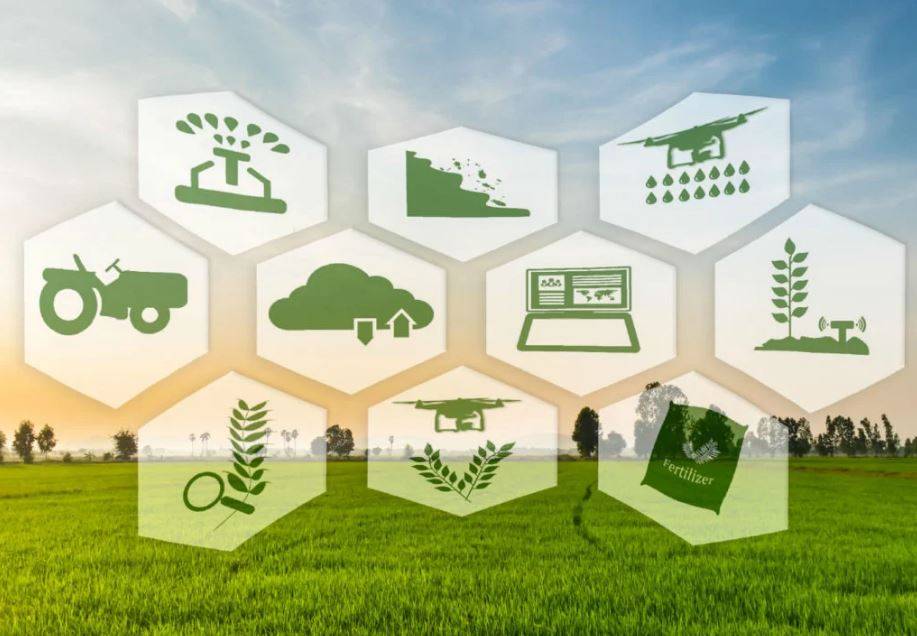
The Centre will soon connect six online portals with the electronic National Agriculture Market (eNAM), a move that is expected to increase trading volumes while also giving farmers with greater price discovery when it comes to selling their produce. This follows the national success of e-NAM.
After roping in assaying and certification agencies, this may also assist remove one of the key barriers in online selling - the quality assurance of the produce.
During April-January this fiscal, total transactions on e-NAM were 42,163 crore, compared to 31,366 crore in the 2020-21 year. Since its inception in 2016, this fiscal's transactions have reached an all-time high.
No Monopoly:
"We never wanted e-NAM to have a monopoly." The Small Farmers' Agri-Business Consortium's managing director, Neelkamal Darbari, stated, "Our goal is improved price discovery for farmers, and by using the experience of others, it will be a win-win for both buyer and seller on the integrated platform" (SFAC).
Over 15 companies have expressed interest in joining the new project, which will provide transportation, warehousing, quality assaying, storage, fintech, and agri-advisory services, according to Darbari. "Through a single window, farmers, farmer producer organizations (FPOs), dealers, and other stakeholders would be able to access a bigger market environment," she said.
When the expressions of interest (EOI) are opened, the number of platforms will grow, according to sources.
Through APIs, the new project will allow other public and private trading and service-provider platforms in the agriculture ecosystem to be integrated. Farmers and FPOs on e-NAM and other platforms will be able to post their produce to more buyers across the portals as a result of this connection. She claims that this will provide farmers with more options and aid in better pricing negotiations for their produce.
SFAC, a society under the Agriculture Ministry, has been tasked with aggregating and developing agri-business in order to increase the income of small and marginal farmers. It is also the major implementing agency for the construction of 10,000 more FPOs, in addition to e-NAM.
e-NAM has now connected 1,000 mandis across the country, whereas private-sector online platforms are usually limited to specific locations or commodities. Furthermore, in states where it is permitted, e-NAM platforms are operating at FPO locations. Even if transactions are completed through e-NAM, mandi fees must be paid in accordance with local legislation in each state. While some states, such as Rajasthan, maintain identical rates across all mandis, but charges vary by product, others, such as Gujarat, have given APMC exclusive control over market fees.
"Depending on the success of the new initiative, the next step will be to persuade states to waive mandi fees for transactions completed on the electronic platform," a source added. The government, whether at the centre or or State, may also think of bearing operational costs if farmers get the benefit, as per sources.
















